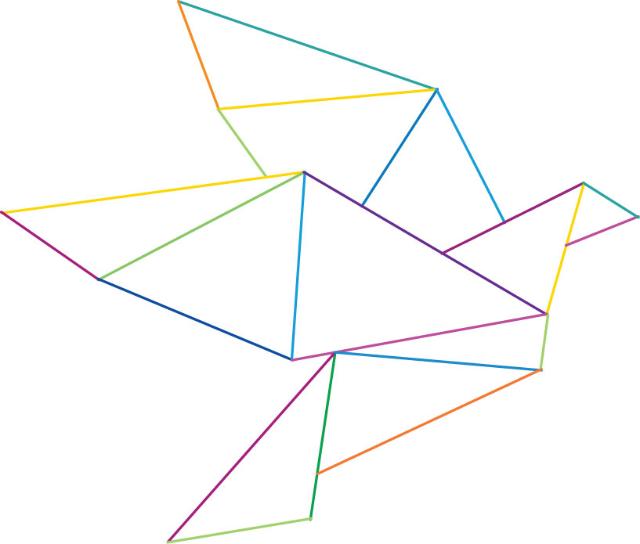EU must maintain duties on sugar
When beet sugar production quotas end in October this year the European sugar industry will find itself in a completely new situation. Whether this new challenge will turn into a success story with the sugar industry profiting from unlimited sugar production for export and food use is largely dependent on how the EU supports Europe’s beet sugar processors and sugar beet farmers.
Just ahead of the abolition of quotas in sugar beet production on 1 October 2017, the European Economic and Social Committee (EESC) has adopted an own-initiative opinion on Industrial change in the EU beet sugar industry.
The opportunity of unlimited sugar exports
The end of beet sugar production quotas will provide the EU’s sugar industry with the possibility of unlimited sugar exports. “This is an enormous chance for Europe’s sugar producers, but in order to fully profit from this liberalisation, they need the European Commission’s full support”, says José Manuel Roche Ramo, rapporteur for the EESC opinion.
“Therefore it is necessary for the Commission to be more active in supporting Europe’s sugar industry”, says Mr Roche Ramo. “When negotiating free trade agreements (FTAs), the Commission needs to focus on opening the sugar markets of net sugar importers and eliminating duties on exports of EU high sugar-containing products. At the same time it should back strong rules of origin for such products to ensure that EU sugar producers benefit from increased exports”.
Sugar beets – a job creator with a positive impact on the environment and the soil
“The EU beet sugar industry contributes decisively to job creation and economic activity, particularly in rural areas where jobs are rare. We therefore propose to include market tools in the Common Agriculture Policy (CAP) that support continued sugar production in the EU Member States”, says co-rapporteur Estelle Brentnall. Coupled support may be necessary to reduce the risk of a decline or abandoning of beet sugar production, while direct support for farmers should be supplemented by better access to risk management. Aid for private storage must be better defined and alternative outlets for sugar beet should be promoted.
Furthermore, beet sugar production is environmentally sustainable: sugar beet is always grown in rotation with other field crops. Crop rotation helps conserve soil fertility and reduce levels of soil-borne pathogens and pests and thus reduces the requirement for plant-protection products. Sugar beet growers are usually located in close proximity to the factories that process it in order to reduce transport costs, which is also beneficial for the CO2 balance.
EESC calls for caution regarding trade liberalisation in FTAs
Already, EU market availability for cane sugar for refining from the EU’s FTA partners – namely Central America, Colombia, Peru, Ecuador and South Africa – stands at 420 000 tonnes. Raw and white sugar from the African, Caribbean and Pacific countries and from the least-developed countries may be imported duty-free and quota-free. Moreover, the annual availability of raw sugar for refining under the reduced-duty CXL quota totals over 700 000 tonnes, set to rise to 800 000 tonnes in 2017/18.
In the EESC’s view the EU would be well advised to be more cautious regarding trade liberalisation in negotiations for new free trade agreements (FTAs). “The Commission must treat sugar as sensitive in its free trade negotiations by maintaining the EU’s duties on sugar.”
The EESC particularly calls on the Commission to challenge the arbitrary imposition of trade-defence instruments by third-country importers and to be more assertive in the fight against the trade-distorting support policies of the world’s major sugar producers.
Background
With an annual output totalling around 17.2 million tonnes, the EU is the world’s leading producer of beet sugar. Sugar-producing companies purchase around 107 million tonnes of sugar beets every year from some 137 000 European growers. Beet sugar factories are usually located in rural areas with low levels of industrial activity. The EU sugar industry provides 28 000 direct jobs and 150 000 indirect jobs and is therefore an important pillar of regional employment.
Over the last decade, Europe’s sugar industry has experienced a painful phase of consolidation. Nearly half of its sugar factories have closed, leading to the loss of 4.5 million tonnes of production capacity, over 24 000 jobs and 165 000 farm suppliers.
For more information, please contact:
Silvia Aumair
E-mail: press![]() eesc [dot] europa [dot] eu
eesc [dot] europa [dot] eu
Tel: +32 2 546 8141
@EESC_PRESS
